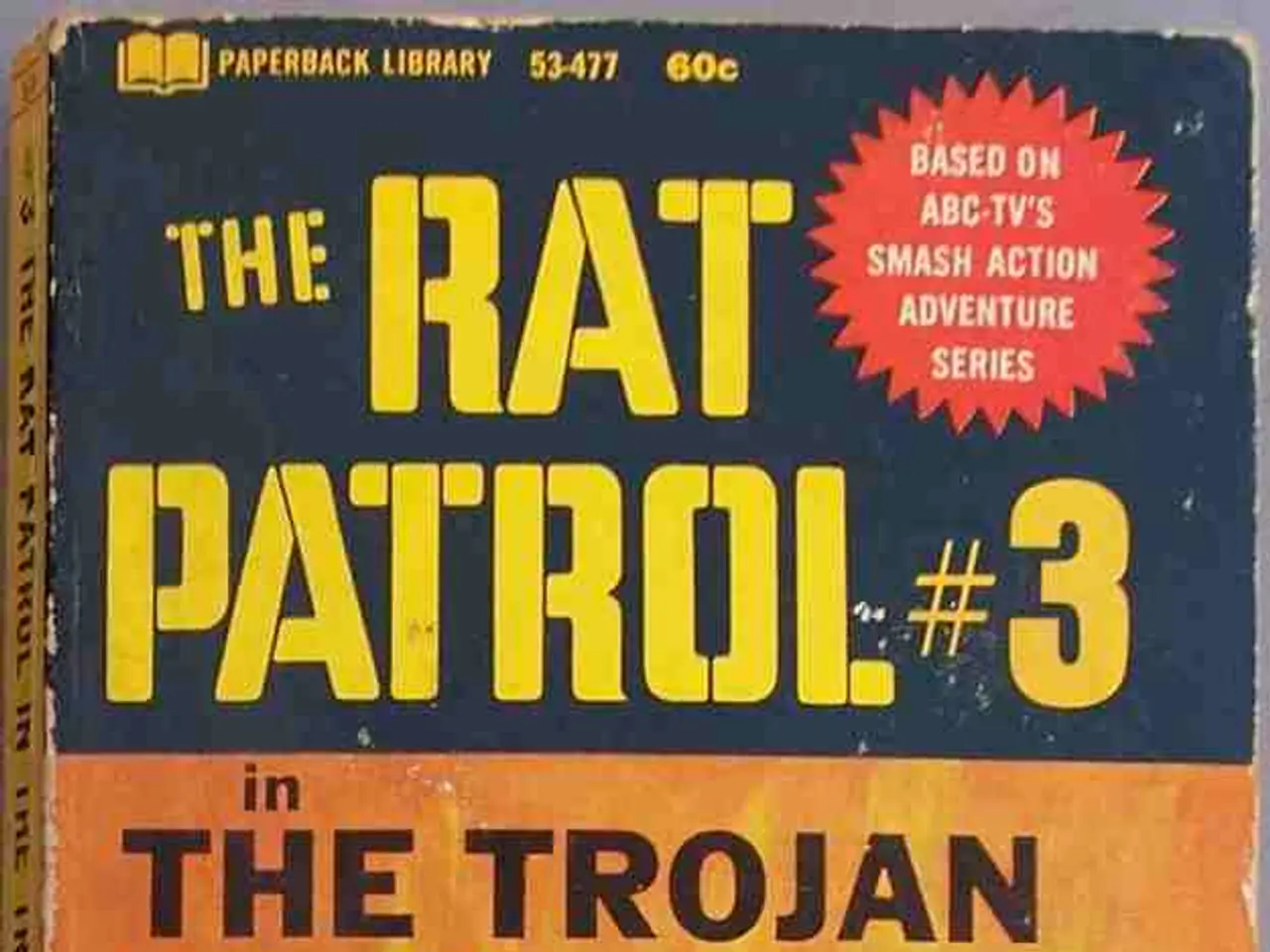"Sheinbaum tempered tensions following Trump's command to militarily target cartels: No imminent invasion planned"
In January 2025, President Donald Trump signed Executive Order 14157, directing the Pentagon and other U.S. agencies to target foreign drug cartels, particularly those operating in Latin America and threatening the United States with fentanyl and other illicit drugs.
The order significantly expands the designation of such cartels as Foreign Terrorist Organizations (FTOs) and Specially Designated Global Terrorists (SDGTs), allowing the U.S. military and law enforcement to take more aggressive actions against them. The State Department has been tasked with designating these cartels as terrorist organizations, and the Treasury Department has imposed sanctions on groups like the Venezuela-based Cartel de los Soles and Mexican cartels such as Carteles Unidos (Los Viagras), implicating their leaders and restricting their financial networks.
However, the extent of direct military action outside U.S. territory remains unclear and subject to legal and political constraints. Defense Secretary Pete Hegseth was directed to mobilize National Guard and active-duty Marines in California for immigration enforcement and drug interdiction actions, but the scope of military involvement abroad is not clearly defined.
This action has raised concerns in Mexico, with President Claudia Sheinbaum stating that the directive does not pose a risk of invasion to Mexico. She also dismissed the claim that the directive authorizes military use abroad, on land and sea, against Mexican cartels. The U.S. is using drones and spy planes to surveil Mexican drug cartels, as part of a coordinated operation between the U.S. and Mexican governments.
Two warships are patrolling the coasts of Mexico, a use of naval force without precedent in U.S. border security operations. Civil rights groups have expressed concerns about designating suspected cartel and gang members, as well as their relatives, as terrorists.
Reports suggest that Trump has secretly signed a directive authorizing the Pentagon to use military force against certain Latin American drug cartels deemed terrorist organizations. The FBI is looking to add drug cartel suspects to its terror watch list and has asked local police to submit the names of people believed to be linked to the eight criminal groups designated as terrorist organizations in February.
This marks a significant shift in U.S. drug policy, with potential implications for Mexico and other countries in the region. The U.S. has deployed thousands of active-duty combat troops to the U.S.-Mexico border, and the FBI is using surveillance methods typically associated with counter-terrorism operations.
The New York Times, El Universal, Reforma, Reuters, and CBS News have reported on this topic, raising questions about the legality and effectiveness of these measures, as well as their impact on civil liberties and international relations. As the situation develops, it is crucial to monitor these developments closely and consider their potential consequences.
[1] The New York Times: [Link to the article] [2] El Universal: [Link to the article] [3] Reforma: [Link to the article] [4] Reuters: [Link to the article] [5] CBS News: [Link to the article]
- Due to the executive order signed by President Trump in January 2025, the U.S. news outlets, including The New York Times, El Universal, Reforma, Reuters, and CBS News, are reporting concern about the potential impacts of the expanding war-and-conflicts against foreign drug cartels, particularly those in Latin America.
- The general-news channels are raising questions about the legality and effectiveness of targeting drug cartels as part of war-and-conflicts, citing their potential consequences on civil liberties and international relations.
- As a result of the executive order, the FBI is increasingly interested in crime-and-justice matters, seeking to add drug cartel suspects to the terror watch list and enlisting local police to submit names of individuals believed to be linked to these terrorist organizations.
- The scale of military involvement in the north, with active-duty combat troops deploying to the U.S.-Mexico border and naval forces patrolling Mexican waters, has raised news about politics and diplomacy, particularly as it concerns neighboring countries - particularly Mexico.





